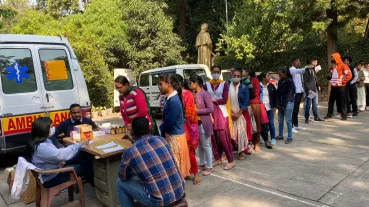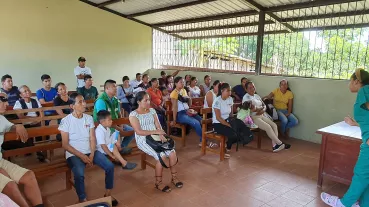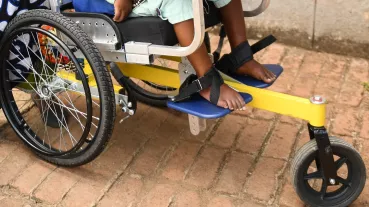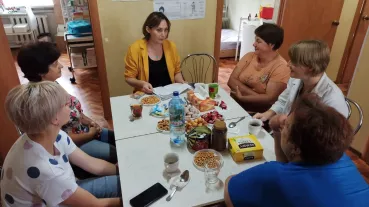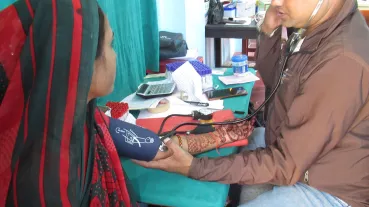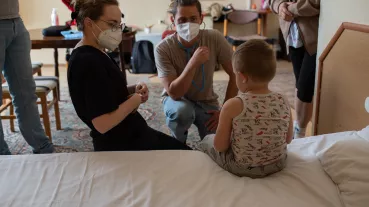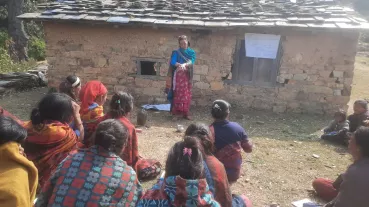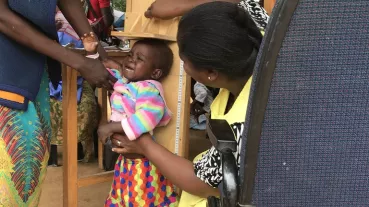Prosthetics & Orthotics - Capacity building to empower access to quality training and services in Ghana
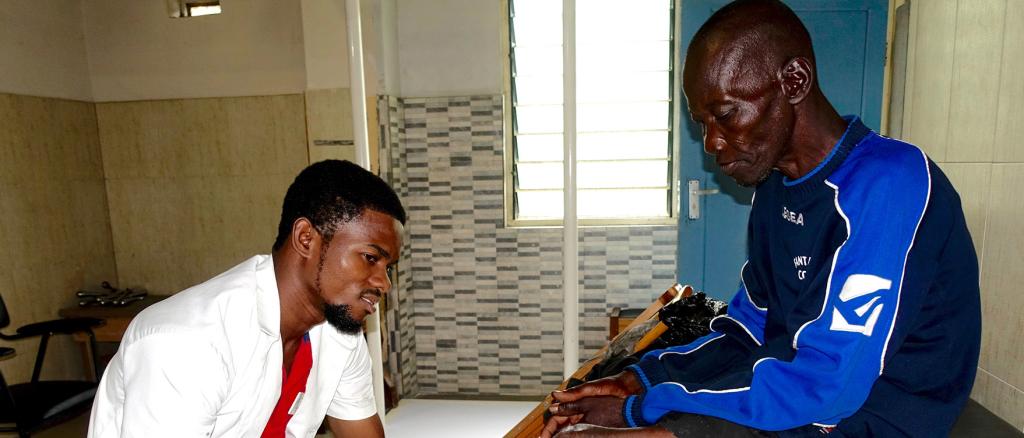
Situation:
In Ghana, there are an estimated 2.5 million people in need of prosthetics & orthotics (P&O) care, including more than 846,000 children. However, there is currently a dramatic shortage of qualified specialists to adequately meet this demand for prostheses and orthoses.
Objectives:
This project is the second phase to improve the quality of training at the Br. Tarcisius Prosthetics & Orthotics Training College (BTPOTC) in Ghana. The aim is to enable the BTPOTC to become the first internationally recognized school for the training of prosthetists and orthotists in anglophone West Africa. Participants will be qualified to ISPO Professional P&O level (teacher level) so that they can train the next generations of professionals to international standards, multiplying the number of trained prosthetists and orthotists and the resulting patient care year on year. As a result of this project, the number of professionally treated patients in Ghana will double within the next 5 years. The project will also help Ghana to achieve the UN Sustainable Development Goal No. 3 and thus positively change the quality and quantity of prosthetic and orthotic care throughout West Africa.
The participating specialists of the OTC / BTPOTC, who acquire highest professional level (BSc Prosthetics & Orthotics - ISPO Cat. 1) through this project, receive the necessary training, knowledge, skills and teaching qualifications to carry out a national training program in Ghana as teachers that meets international standards.
The College (BTPOTC) receives international accreditation from the International Society for Prosthetics and Orthotics (ISPO) and trains professionals to international standards in a long-term.
The college (BTPOTC) is increasingly enrolling students from countries in anglophone West Africa, where there are no training opportunities in the field of orthopaedic technology.
- Training of qualified teachers at the college (BTPOTC) according to international standards
- Development of a curriculum for the college (BTPOTC) that meets international standards
- Support in the implementation of the curriculum
The training activities carried out by Human Study as part of this project will be fully taken over by local capacities once the project is completed. Ideally, the BTPOTC will achieve accreditation as an internationally recognized training institution for specialists and managers in the field of orthopaedic technology, which will reinforce the goals achieved and create the conditions for the further development of prosthetic and orthotic services in Ghana and the region.
The sustainability of the project will be ensured through the development of local training capacity for continuous and standardized training of future generations of rehabilitation professionals. The exponential growth of much needed local capacity will be ensured by the BTPOTC's function as a center of excellence for training in the anglophone region of West Africa.
The qualification of local specialists and managers will not only improve training, but also patient management, in line with the Ghanaian Ministry of Health's strategy of standardizing and improving the availability of medical services.
This project will develop the first training facility for prosthetists and orthotists that will generate specialists in Ghana and the entire anglophone West Africa region according to international standards.
Supported by an innovative blended learning training model, the college (BTPOTC) will be able not only to train specialists full-time at the BTPOTC campus, but also to qualify technicians who are already working in the existing clinics. This will not only attract new specialists to the field, but also provide further training and qualifications for existing specialists in the existing prosthetic & orthotic workshop facilities.
Here you can find further information.
